How Green is Your Laundry? A Guide to Eco Friendly Detergents

When we talk about reducing our carbon footprint, discussions often centre around transportation, diet, or recycling. But did you know that our laundry habits, from the products we use to the energy we consume, play a significant role in our environmental impact? With the rise of sustainable living, many of us are questioning: "How green is my laundry?"
The Problem with Traditional Laundry
Traditional laundry routines can be quite taxing on our environment. From excessive water usage to harmful chemical runoff, there are multiple factors that contribute to an ungreen laundry process. Regular detergents often contain phosphates which, when they find their way to our water systems, can cause eutrophication, harming aquatic life.
Making the Green Switch
Inspired by blogs like 8 Billion Trees and Going Zero Waste, many are turning to eco-friendly alternatives. Here's how you can make your laundry routine more sustainable:

Eco-Friendly Detergents: Opting for eco-friendly detergents is a primary step. These detergents lack harmful chemicals and are often biodegradable. Care & Protect's range of eco-laundry products offers an assortment that are not only effective but also gentle on the environment.
Cold Washes: About 90% of the energy consumed by washing machines goes to heating the water. Switching to cold washes significantly reduces energy consumption. And with products like Care & Protect's Eco Laundry Detergent, which is effective even at 30°C, there's no compromise on cleanliness.
Full Loads: Running your washing machine for full loads ensures optimal water and energy usage.
Natural Softeners: Traditional fabric softeners contain chemicals that can harm both your skin and the environment. Consider natural alternatives or eco-friendly softeners, such as Care & Protect's Eco Laundry Softener.
By evaluating our habits and making mindful product choices, like those offered by Care & Protect, we're not just asking, "How green is my laundry?" but actively ensuring it's as green as can be.
The science behind effective and efficient washing is intricate and fascinating. By understanding this science, we can optimise our laundry loads, save energy, prolong the life of our clothing, and get cleaner clothes. Let's dive into the mechanics and chemistry of efficient washing.

Load Size Matters
When it comes to washing machines, size does matter. Overloading can prevent clothes from moving freely, leading to ineffective cleaning. It also strains the motor and uses more energy. On the other hand, underloading wastes water and energy. For optimal results, load the drum to about three-quarters full.
The Water-Efficiency Equation
Modern washing machines have water-efficiency settings. Using the 'eco' or 'efficient' mode usually means longer washing cycles at lower temperatures, but they consume less energy and water overall.
Temperature Tactics
Hot water is excellent for sanitising clothes and removing oily stains. However, most daily items don't need such intense treatment. Lower temperatures (around 30°C) are energy-efficient and can prevent colours from fading and reduce shrinkage. Most modern detergents are formulated to work effectively at these lower temperatures.
The Detergent Dosage Dilemma
More detergent doesn't always mean cleaner clothes. Overuse can leave residues on clothes and build up in machines, leading to inefficiency and potential damage. Use the recommended amount and consider using concentrated formulas for better results with less product.
Regular Maintenance
For an efficient wash, the machine itself needs to be in top condition. Regularly clean the drum, filters, and detergent drawer to prevent buildup with a specially made washing machine cleaner. This not only ensures cleaner clothes but also improves the machine's efficiency and lifespan.
The science of efficient washing involves a blend of physics, chemistry, and a bit of thinking outside the box. By optimising our laundry habits, we not only ensure cleaner clothes and longer-lasting fabrics but also play a part in conserving energy and reducing our environmental impact. The next time you're about to start a wash cycle, remember these insights, and you're sure to get outstanding results!








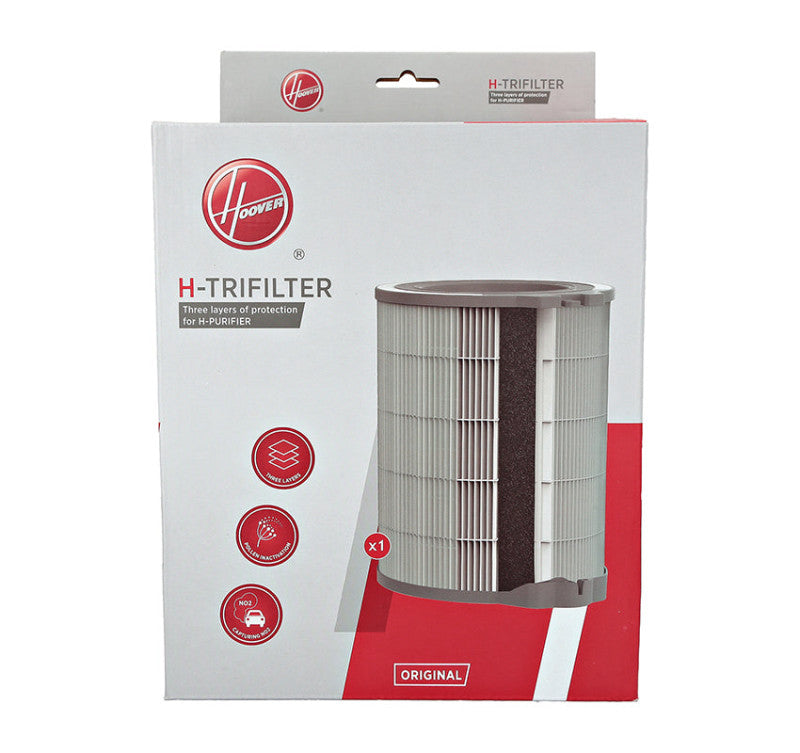



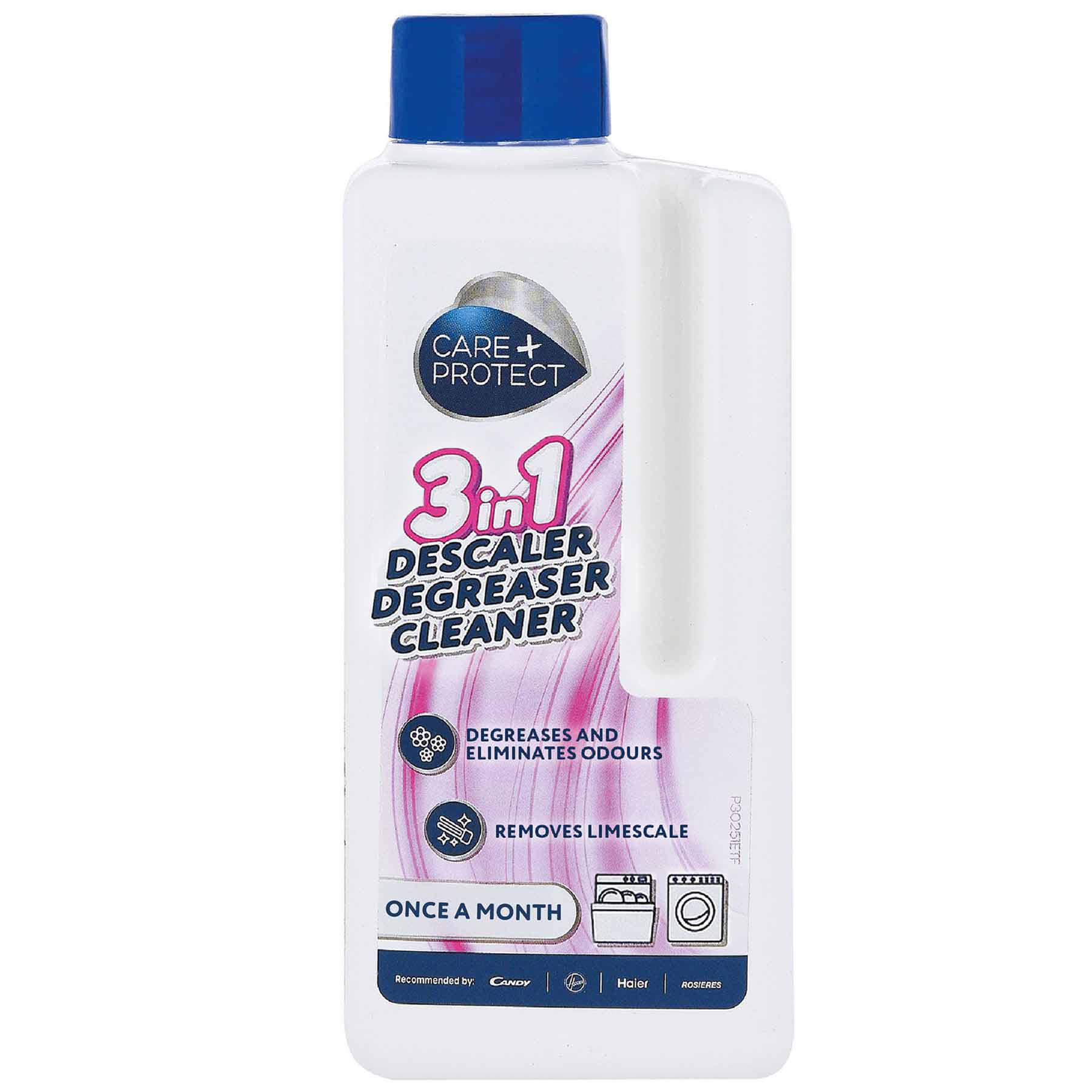

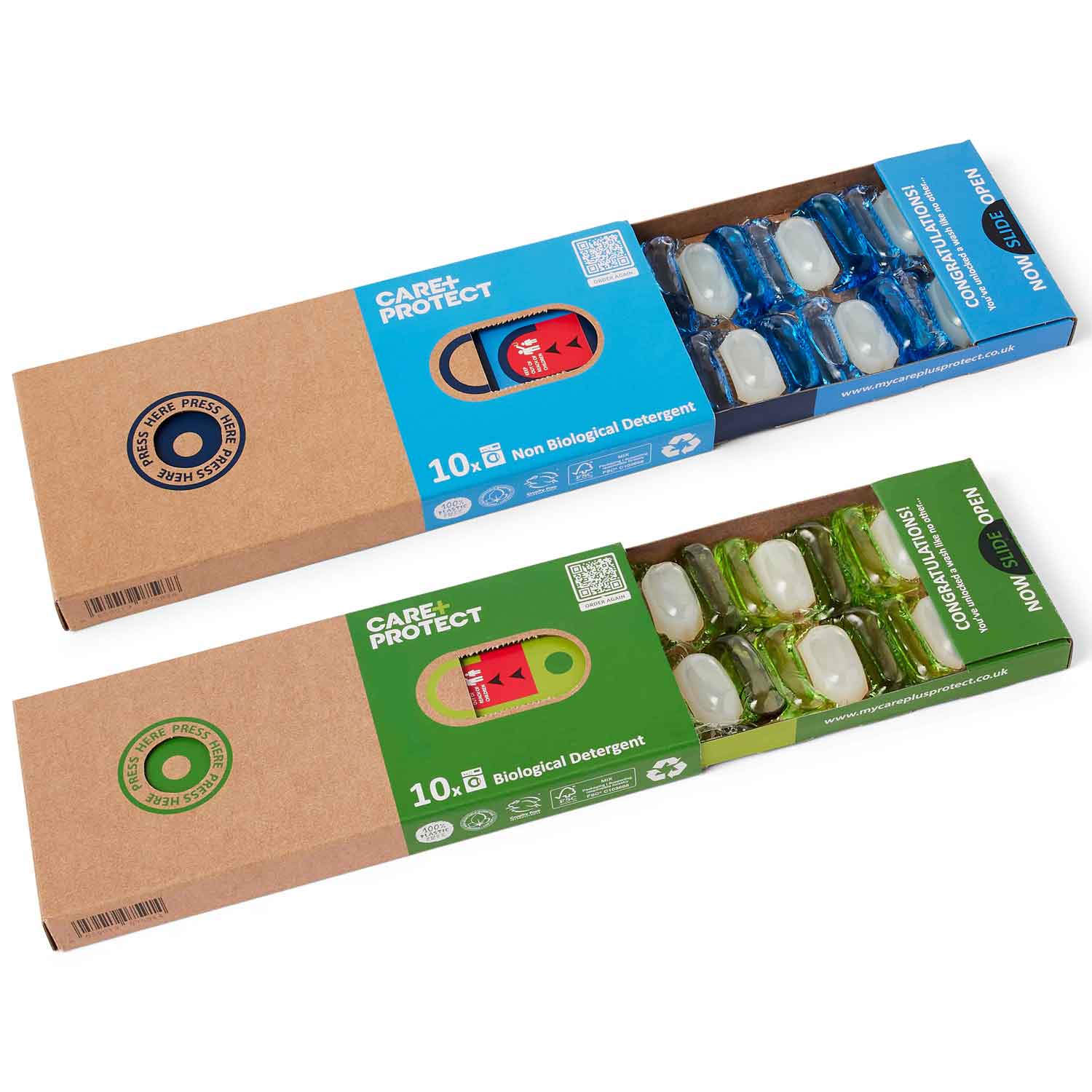

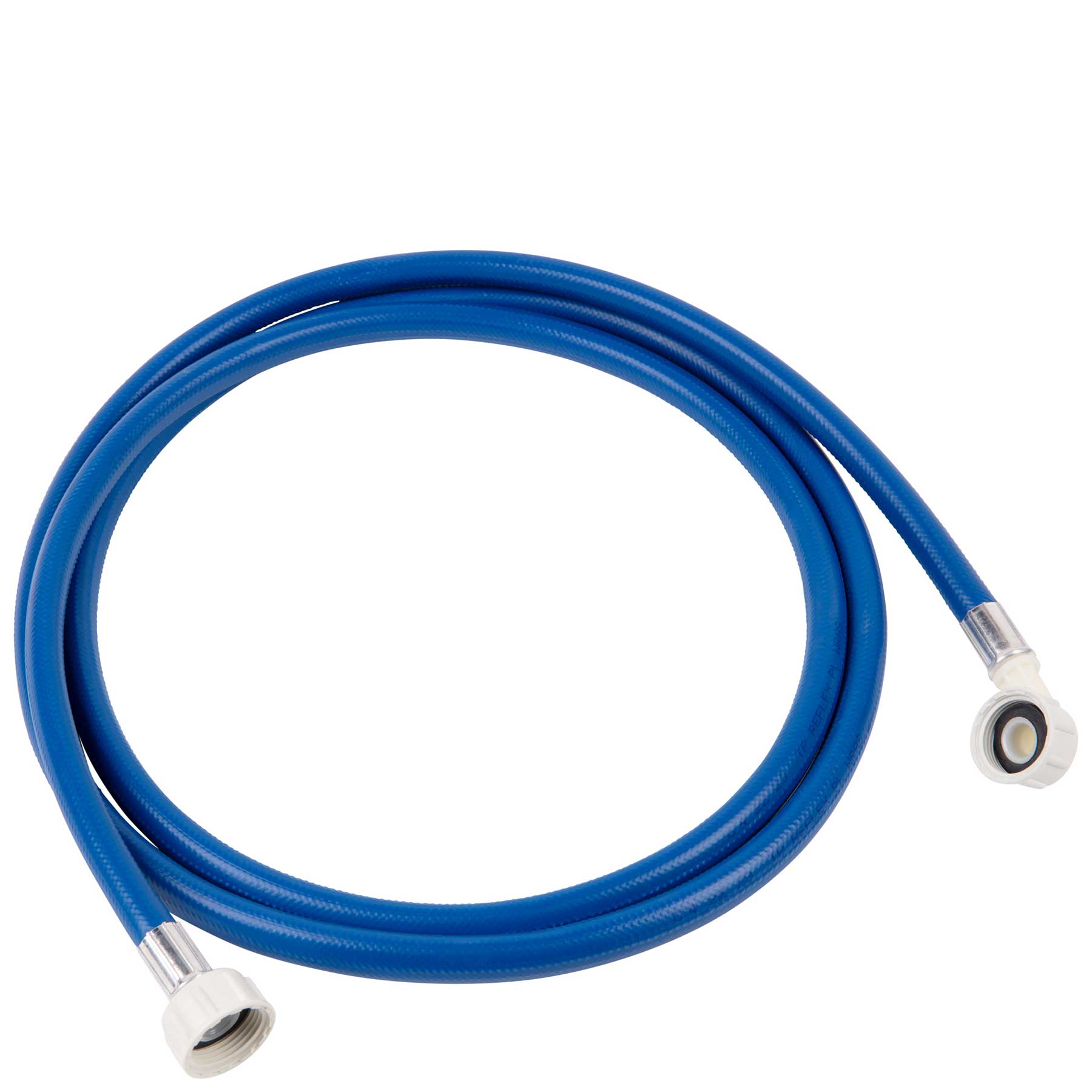
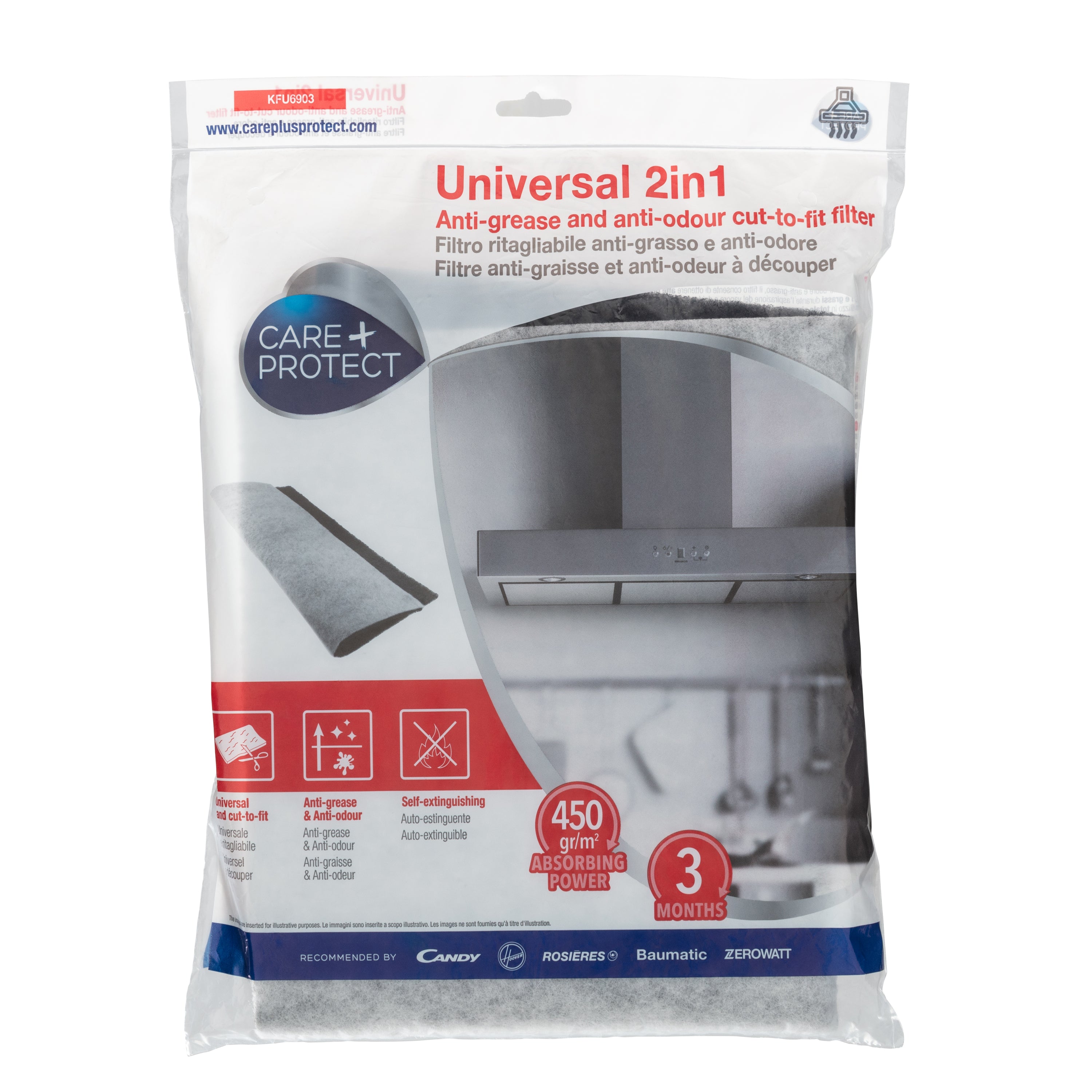
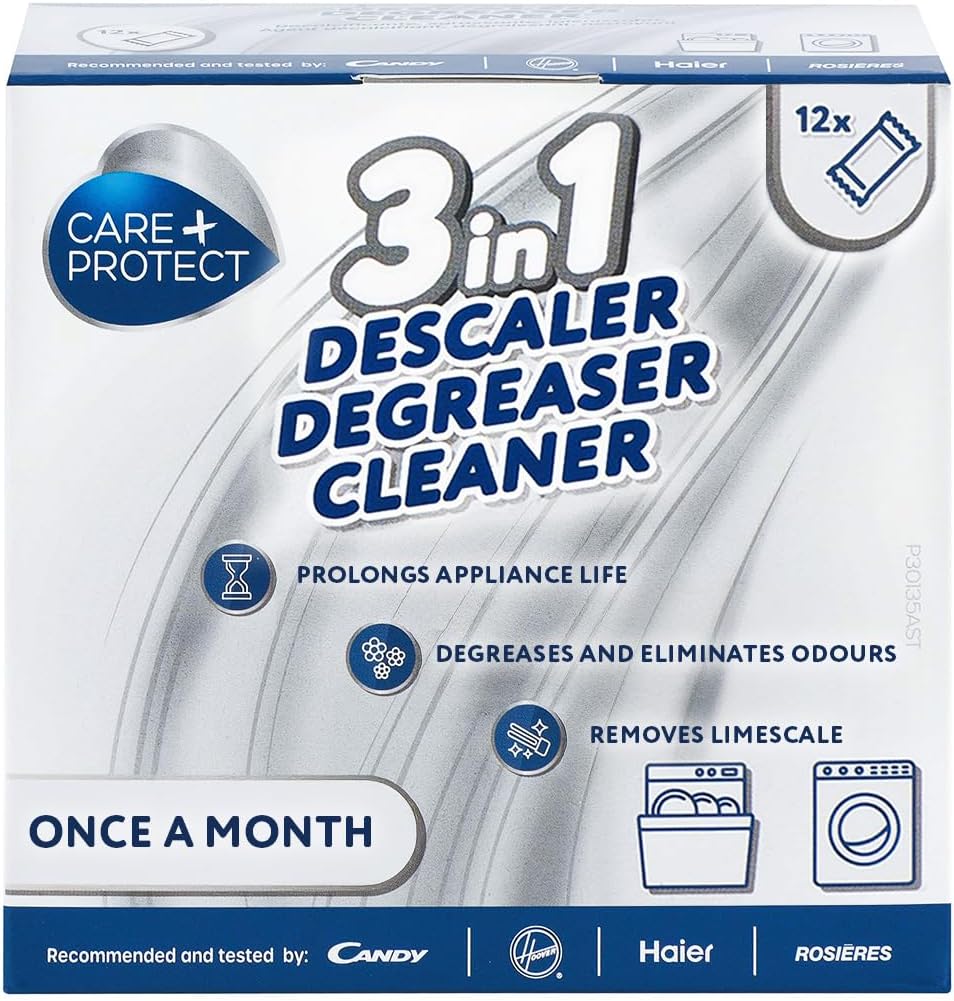

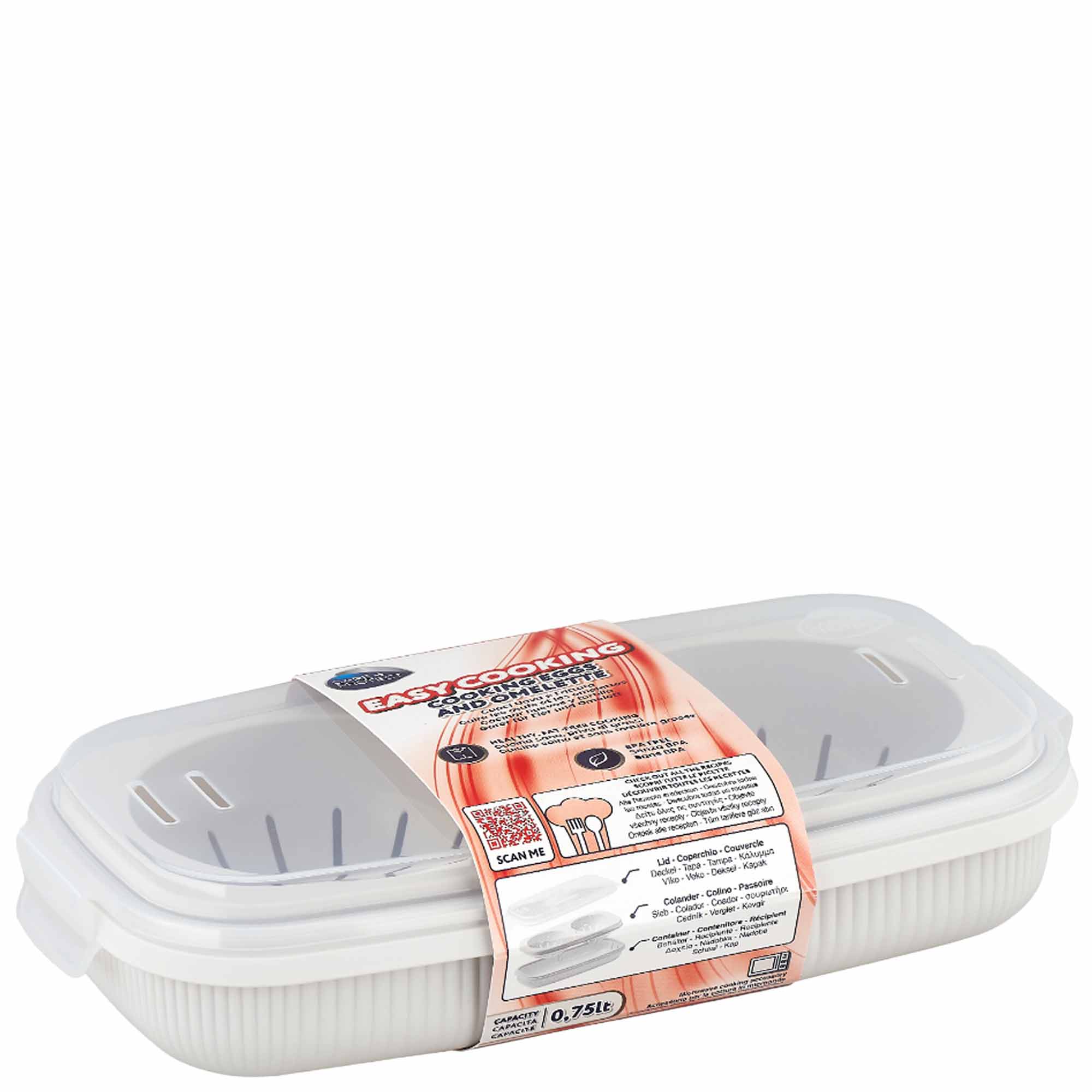

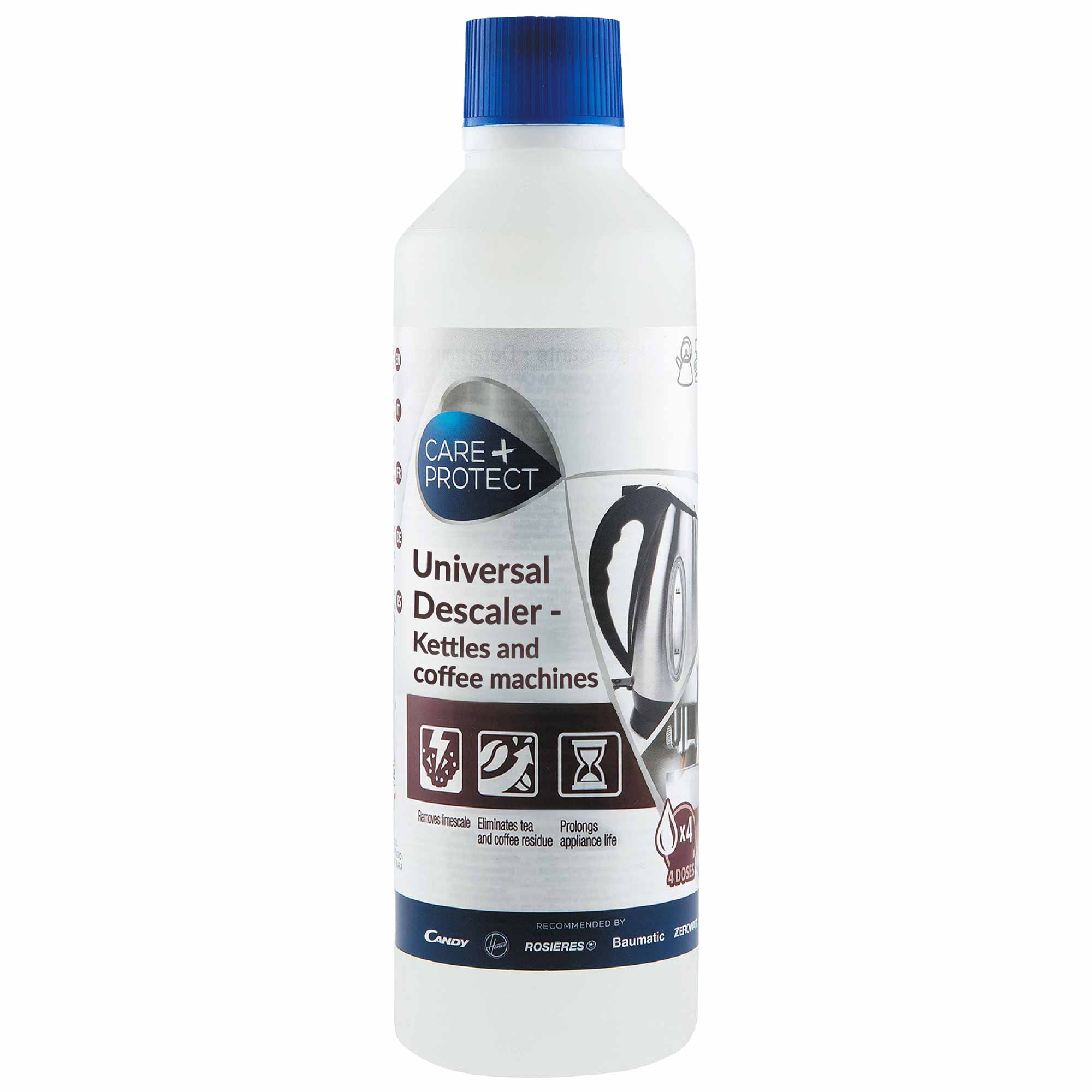


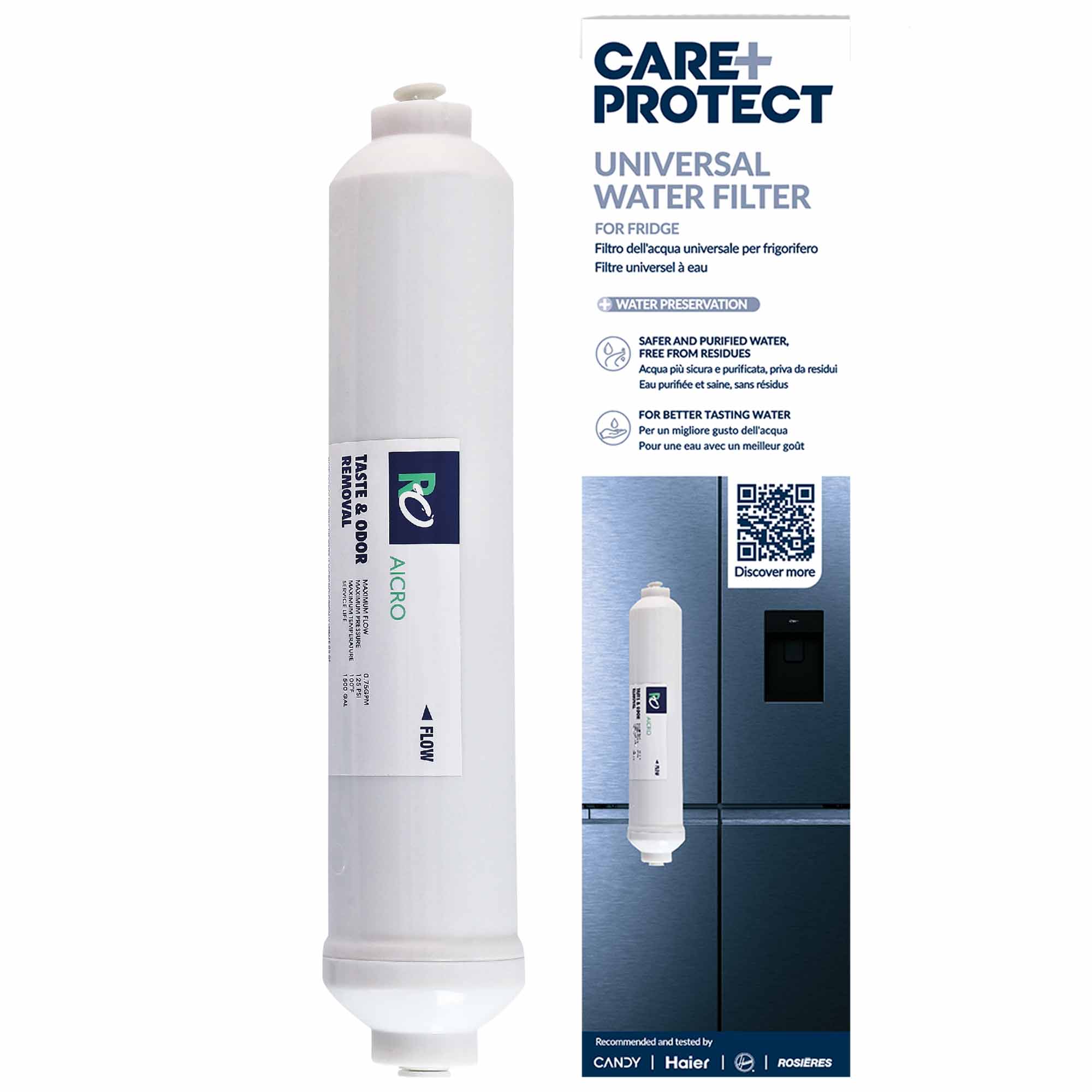



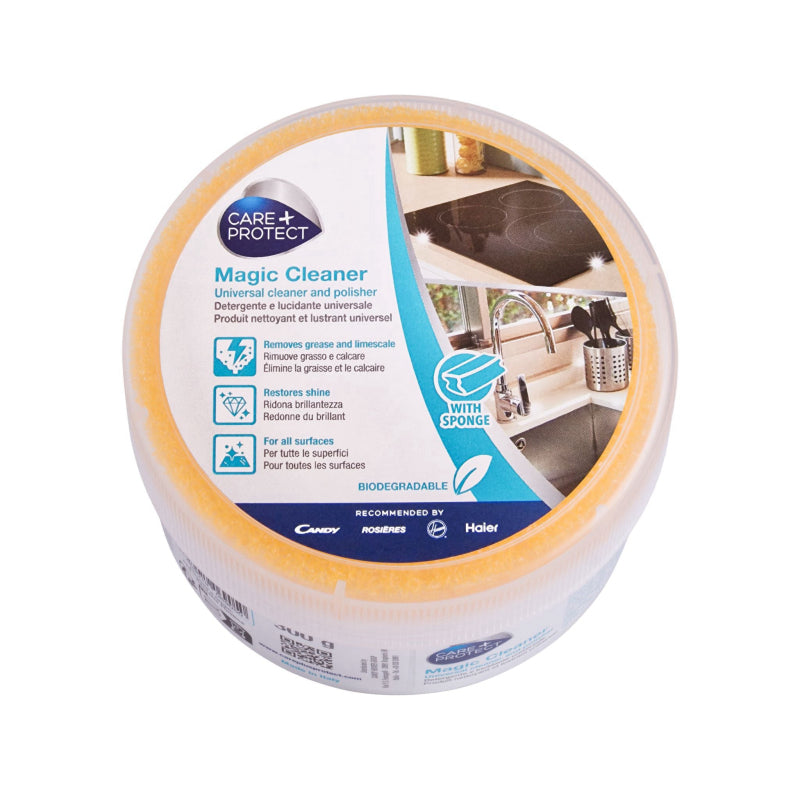

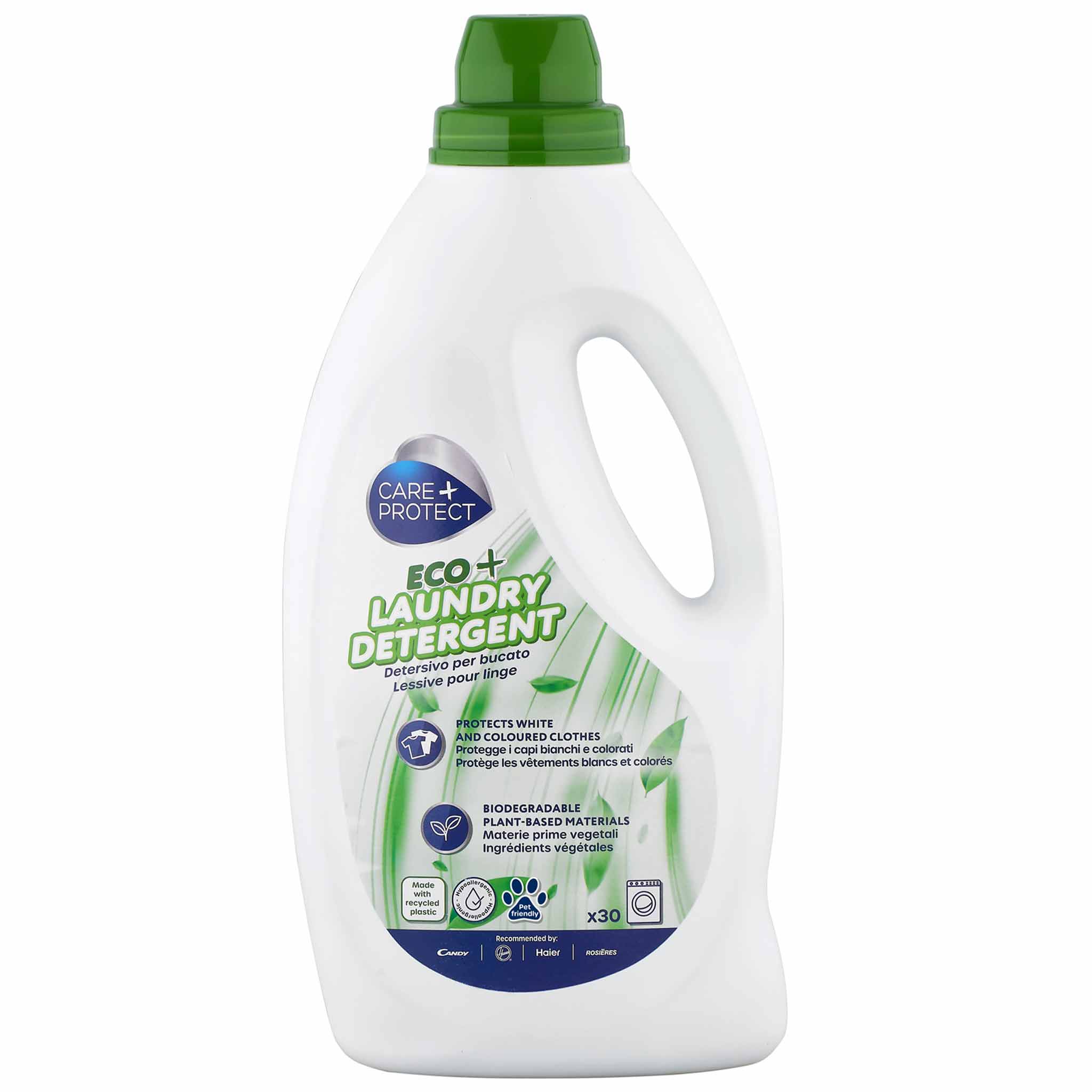
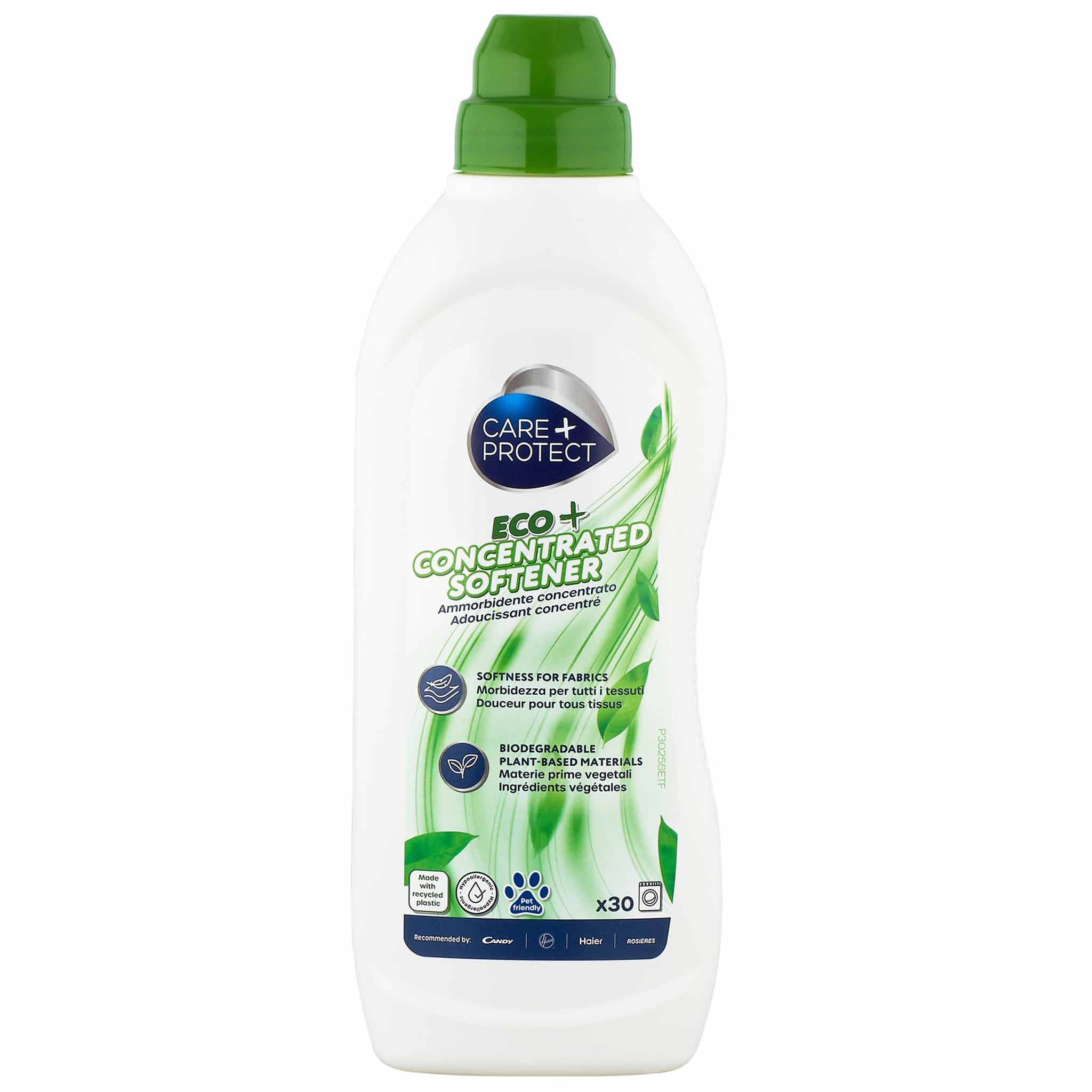



Leave a comment